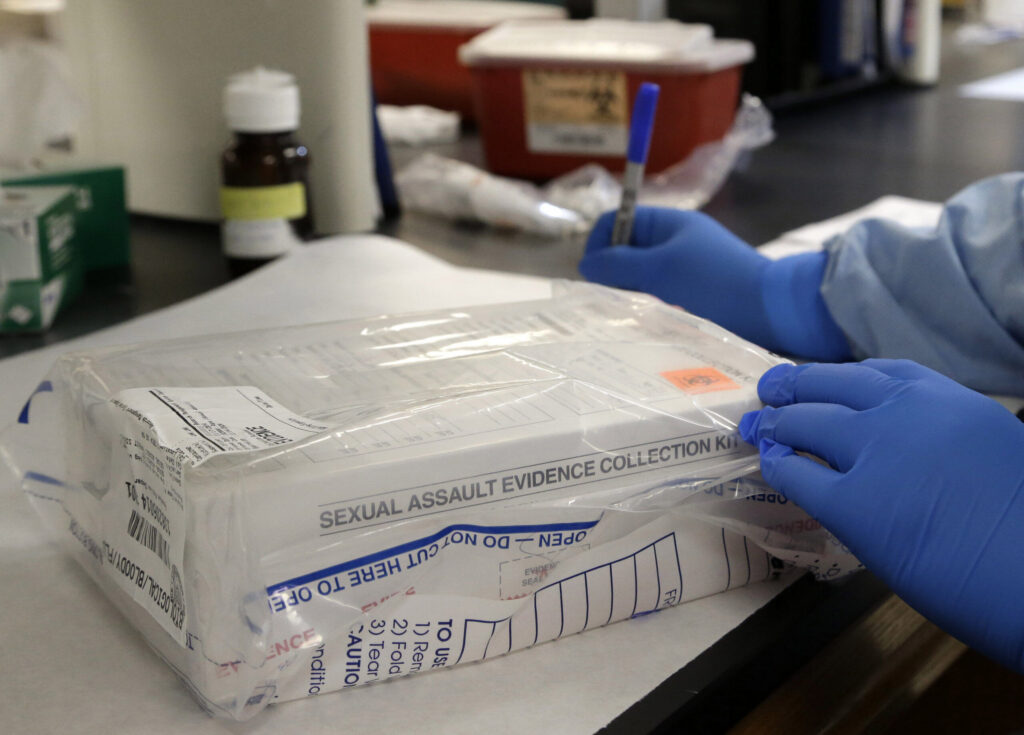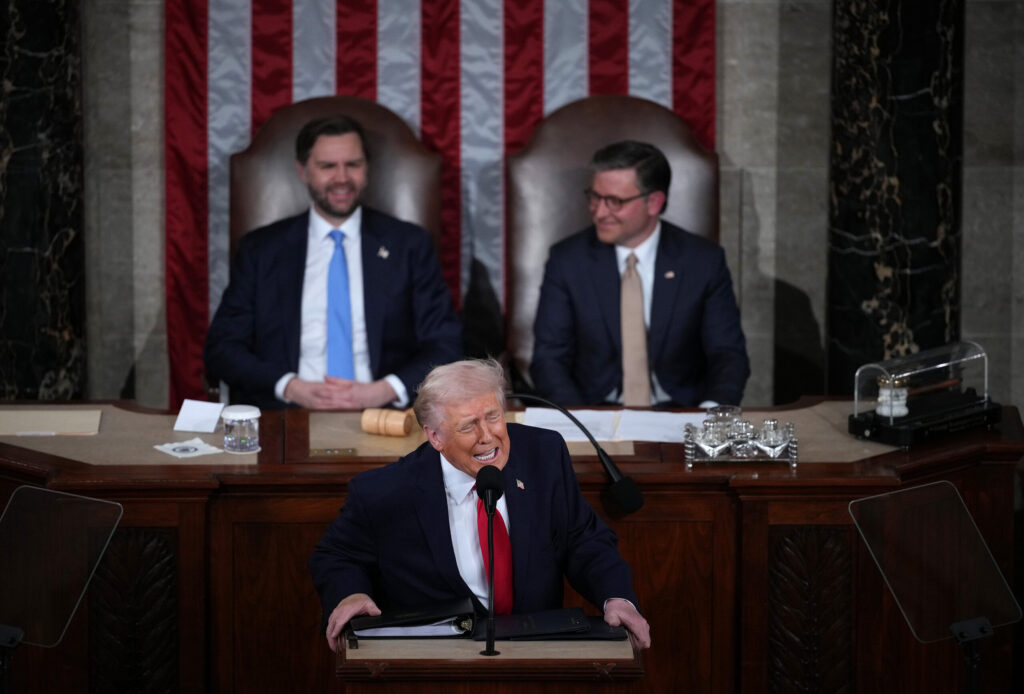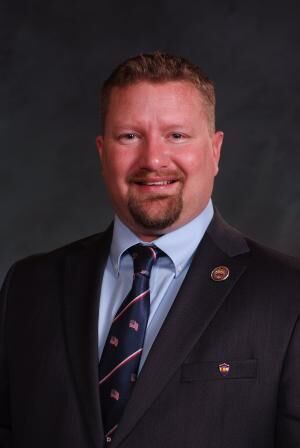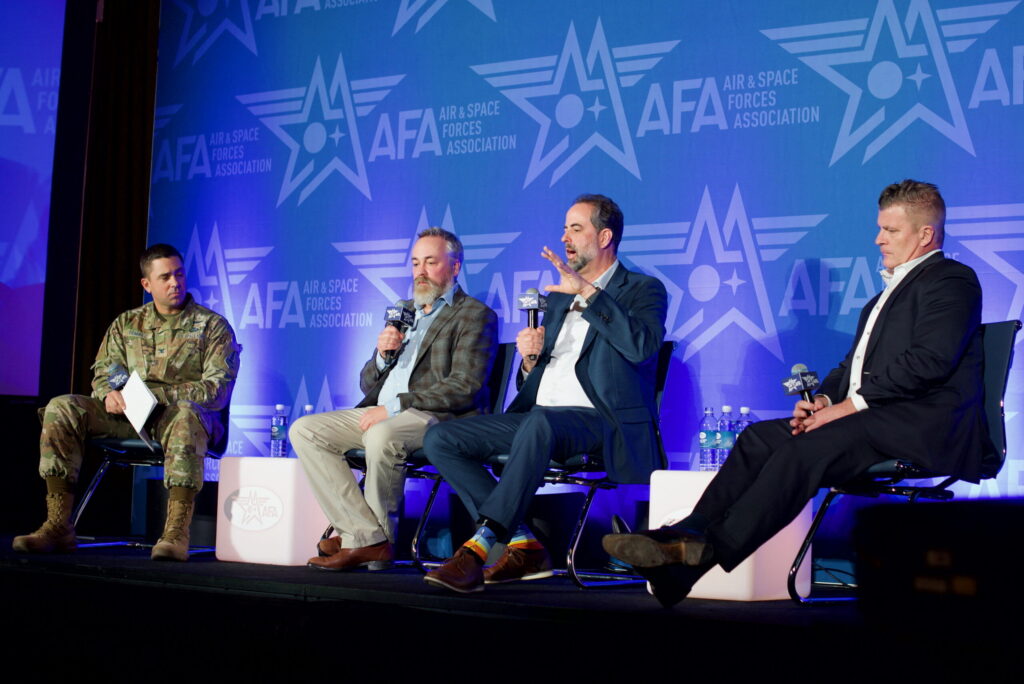Olympic leaders valued image over safety, US House panel finds
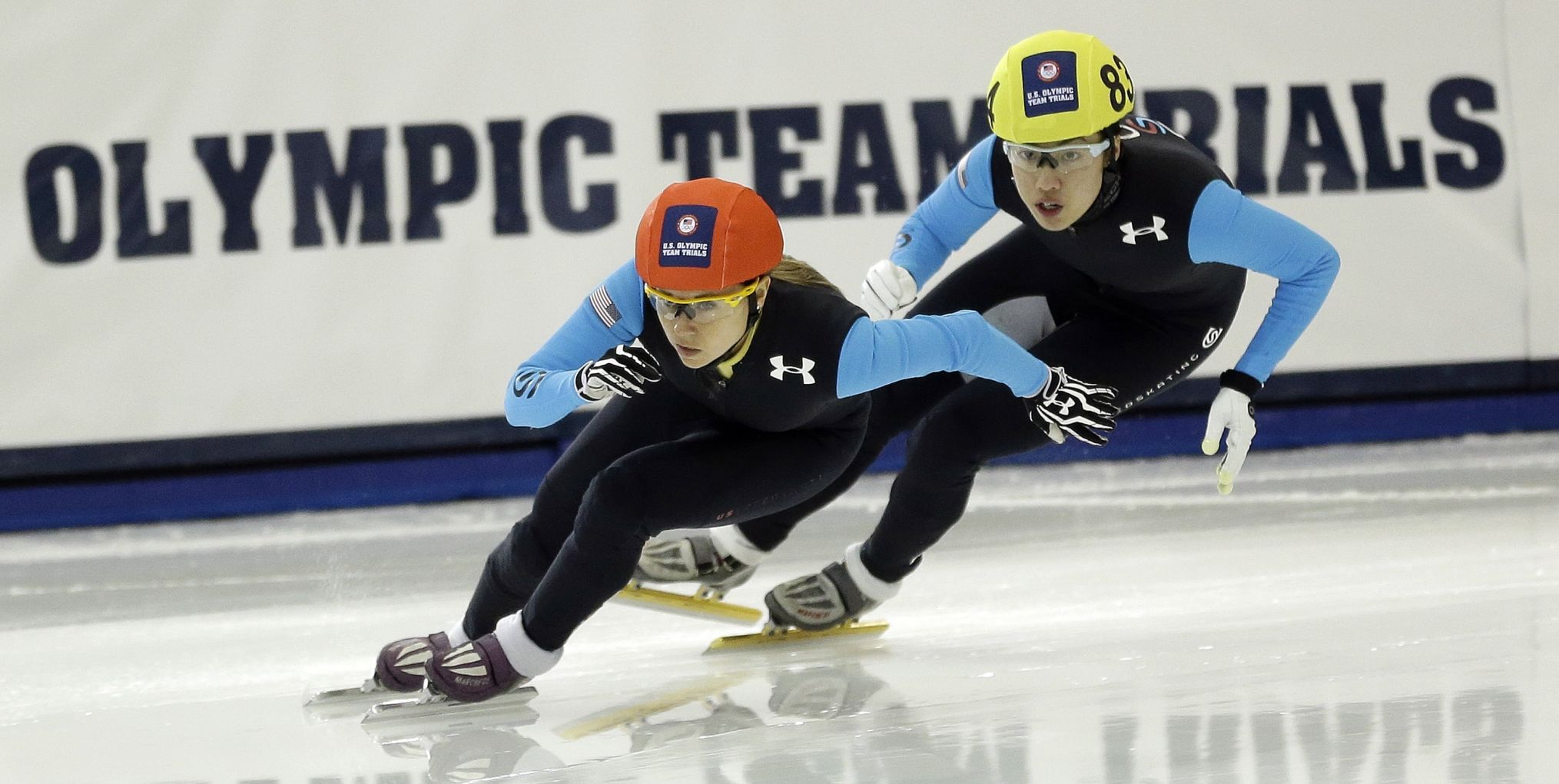
A congressional review of the U.S. Olympic system’s handling of sex-abuse cases criticizes a culture that sought to protect reputation and image over athlete safety.
A U.S. House of Representatives subcommittee released the report Thursday, outlining conclusions about the handling of sex-abuse cases involving Larry Nassar and others that have led to calls for change at the Colorado Springs-based U.S. Olympic Committee and the sports organizations it oversees.
The report acknowledges the changes that have come since Nassar’s crimes were exposed. But it criticizes the lack of conformity among the organizations, noting some didn’t use background checks or publish banned lists.
Among the panel’s recommendations are for a review of the law that governs the USOC, and for the USOC to use its authority to more actively protect athletes.
USOC CEO Sarah Hirshland pointed out the federation formed the Denver-based U.S. Center for SafeSport and is reviewing how it engages with the national governing bodies (NGBs) for each sport and for athletes. A report commissioned by former WNBA President Lisa Borders is expected next year.
“We will continue to do the work necessary to develop a healthy culture that keeps athletes safe and allows them to be their very best,” Hirshland said.
In one of the most striking examples of the diffuse policies that exist in the U.S. Olympic system, the report included a table detailing each NGB’s policy on how it handles banned-people lists. Each response was different; 18 of the NGBs do not publish their lists.
Those differences are part of what has made it difficult for the SafeSport Center to publish a comprehensive list of all banned people – among the many tasks it was given when it was established in March 2017.
The report said that perhaps its most troubling finding was a culture that prioritized image over safety.
It included instructions to panels that deliver sanctions that included “the effect on the USOC’s reputation” as one of the factors consider when deciding on penalties. That bullet point has since been removed.
Also in the report was a deposition from a USOC attorney that underscores the general state of confusion about the relationship between the USOC, the NGBs and the athletes.
On a day-to-day basis, NGBs have more direct contact with athletes than the USOC. Meanwhile, the USOC provides funding to NGBs but doesn’t have much say in their operation.
In a 2016 deposition related to sex abuse, USOC attorney Gary Johansen was asked: “You want to protect your athletes from being sexually abused. That’s a top priority, right, sir?”
Johansen’s response: “The USOC does not have athletes.”





